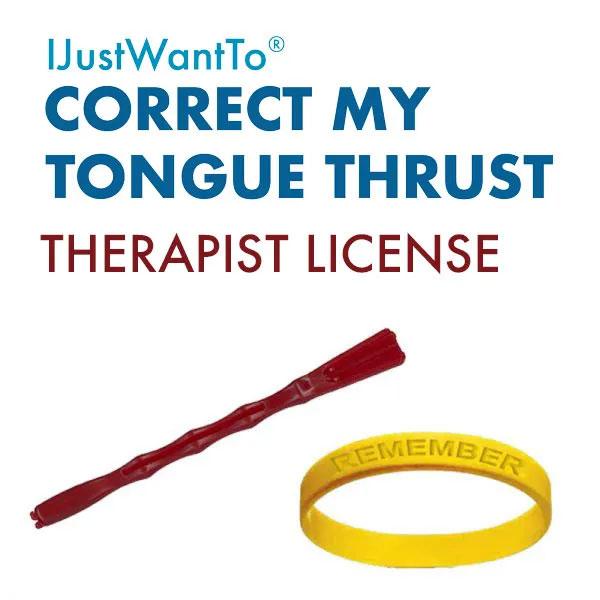Furthermore, the lower lung is associated with the parasympathetic nervous system, which is responsible for calming the body and mind. On the other hand, mouth breathing is stimulated by the upper lungs, which triggers the sympathetic nerve receptors to push us to become more hyperactive and prevents us from entering into a deep sleep.
In How Mouth Breathing Can Impact Mental Health Part 1, we discussed the effects of mouth breathing on your mental health and well-being. In Part 2, we will dive deeper into the impact of sleep apnea and how it is associated with anxiety.
How Are Sleep Apnea and Anxiety Linked?
Sleep apnea and anxiety disorders share a few common symptoms, such as insomnia and fatigue, and both can lead to a vicious cycle. When breathing is interrupted during sleep, it can cause the brain to jolt the body awake multiple times throughout the night.
The lack of sleep makes it more difficult for the brain to deal with stress, making any existing anxiety disorders worse. Since anxiety can make it more difficult to sleep, it can also make sleep apnea even more severe.
Sleep apnea is characterized by hypopnea, which decreases breathing during sleep. This is a highly serious illness that can result in a variety of health consequences.
Some sleep apnea patients may have mental health issues such as depression, bipolar disorder, and anxiety or panic disorders. As mentioned, during sleep apnea, the brain receives a "panic" signal, jolting the body awake and helping you in resuming breathing.
Signs and Symptoms of Sleep Apnea
You may have heard that frequent snoring may lead to sleep apnea, and most people who have sleep apnea snore. Sleep apnea causes breathing disturbance while you sleep, so you may not even know you're doing this until a partner or roommate tells you. Sleep apnea symptoms differ from person to person, but they may include:
- Loud Snoring
- Waking Up With a Very Sore or Dry Throat
- Dry Mouth Caused By Mouth Breathing
- Occasionally Waking Up With a Choking or Gasping Sensation
- Restless Sleep, Repeated Awakenings, or Insomnia.
- Sleepiness or Lack of Energy During The Day
- Sleepiness While Driving
- Morning Headaches
- Dizziness When You Wake Up
Ways Sleep Apnea Impacts Mental Health
Panic disorder is an extreme form of anxiety disorder that features recurring panic attacks. According to this study, sleep apnea and panic attacks show that those suffering from sleep apnea have more panic attacks than others. Waking up with feelings of choking can lead to signs of anxiety caused by sleep apnea.
In addition, sleep apnea can alter brain structure over time and is a risk factor for panic attacks. Sleep apnea events cause nervous system reactions such as heart racing and feeling of anxiety. With more episodes of apnea, the risk of panic disorder is increased.
Panic attacks are generally characterized by heart palpitations, sweating, trembling, dizziness, a sense of impending doom, a sense of being separated from reality, and a sudden fear of losing control. These panic attacks may occur during sleep or during the day, as a lack of sleep can lead to fatigue and anxiousness.
Sleep apnea and lack of sleep can increase panic attacks and symptoms of anxiety, including feeling overstressed and nervous.
IJustWantTo® Correct My Tongue Thrust Program
What many people don’t realize is that the tongue plays a bigger role in our bodies than we think. When the tongue isn’t functioning properly, it can disrupt your whole airway. Tongue thrust is a habit someone develops when they push their tongue against their front teeth perpetually, which can lead to a variety of other issues, including mouth-breathing, sleep apnea, dental issues, and more.
The CorrectMyTongueThrust program can effectively instruct you how to swallow correctly, stop mouth breathing, and begin nasal breathing. IJustWantTo® Correct My Tongue Thrust is a seven-week program that guides you through tongue exercises to correct your tongue thrust and eliminate snoring.
We can help correct tongue thrust without the use of medicine, surgery, or intrusive treatments. Visit our website or contact us for additional information.



